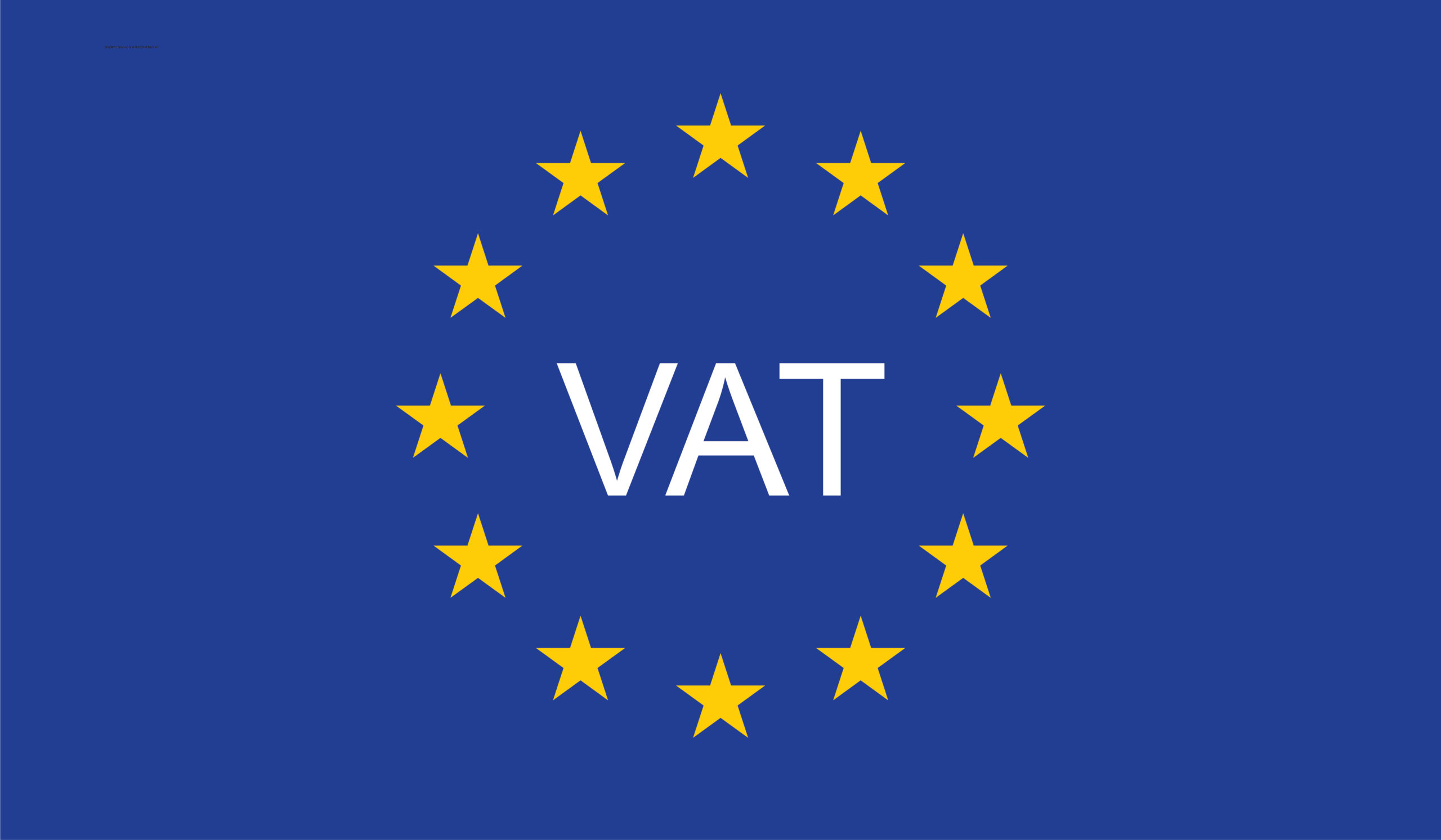The European Union is planning to implement significant changes to its Value Added Tax (VAT) system for small enterprises starting from January 1, 2025.
These reforms aim to simplify VAT obligations, reduce administrative burdens, and create a more level playing field for small businesses operating across EU member states.
New Pan-EU Threshold
A key feature of the 2025 changes is the introduction of a new “Union annual turnover” threshold of €100,000. This applies to the total annual value of supplies made by a taxable person within the entire EU during a calendar year. This pan-EU threshold will allow eligible small businesses to avoid immediate VAT registration in other EU member states, subject to certain conditions. Under the current framework, indeed, most EU countries require non-established businesses to register for VAT in their jurisdictions when they hold stock or carry out operations in their territory, regarding of the turnover.
Dual Threshold System
The updated SME Special Scheme will introduce a dual threshold system:
– Domestic Threshold: Member states can set their national VAT exemption threshold for small enterprises up to €85,000 without needing formal authorization from the European Commission. Cross-border Threshold: The €100,000 threshold applies to VAT-exempt sales in other EU states.
Benefits for Non-resident EU Businesses
One of the most significant changes is the extension of VAT registration threshold benefits to non-resident EU small businesses. Currently, businesses without a headquarters in a given member state do not have access to VAT exemptions. The new rules will allow exemption for small businesses based in another member state if their turnover in that state is lower than the national the national threshold and their annual EU-wide turnover is below €100,000.
New Reporting Requirements
Businesses utilizing the cross-border threshold will need to obtain a new ‘EX’ prefix VAT identifier. They will be required to submit quarterly sales reports to their home tax authority, similar to the One Stop-Shop return system. Simplified Compliance The new system aims to reduce compliance costs and paperwork for small EU businesses trading within the Single Market. Member states will have greater flexibility in exempting small businesses from certain VAT-related obligations, such as identification, invoicing, accounting, or VAT refunds.
Implementation Timeline
While the changes are set to take effect from January 1, 2025, their implementation will only be possible after individual member states adopt appropriate local acts. The European Commission is currently preparing explanatory notes and an SME guide to assist with the transition.
Impact on Small Enterprises
These changes represent a significant shift in EU VAT policy, designed to encourage intra-EU trade among small enterprises. By simplifying cross-border VAT compliance and extending exemption benefits to non-resident EU businesses, the new rules are expected to reduce overall compliance costs for SMEs by up to 18% annually. As 2025 approaches, small businesses operating within the EU should familiarize themselves with these new regulations and prepare for the changes in VAT registration and reporting requirements. This reform marks a crucial step towards a more integrated and business-friendly VAT system within the European Union.

